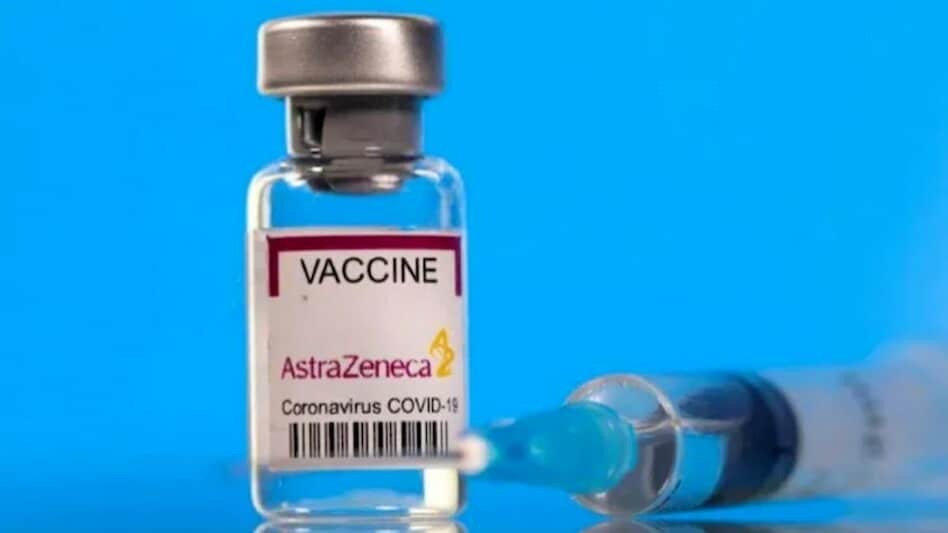 Covid Vaccine: Understanding AstraZeneca’s Admission of Blood Clot Risks in 10 Points
Covid Vaccine: Understanding AstraZeneca’s Admission of Blood Clot Risks in 10 Points
Welcome to a critical discussion on a pressing global health topic: the AstraZeneca COVID-19 vaccine and its associated risk of blood clots. Recently, AstraZeneca has made headlines by admitting in a British court that their vaccine could potentially cause blood clots, a serious side effect previously speculated but only now confirmed. This revelation has implications for millions worldwide, stirring both concern and a need for detailed understanding.
Background
The Science of Vaccines
Vaccines are biological preparations that provide acquired immunity to a particular infectious disease. They typically contain an agent resembling a disease-causing microorganism and are often made from weakened or killed forms of the microbe, its toxins, or one of its surface proteins.
AstraZeneca’s Vaccine
The AstraZeneca COVID-19 vaccine, developed in collaboration with Oxford University, uses a viral vector approach. This involves a different virus than the one causing COVID-19 to deliver important instructions to our cells to start building immunity.
The Issue
Blood Clots and Vaccines
While vaccines are a safe and effective way to prevent disease, they are not without risks. Blood clotting, or thrombosis, can occasionally occur, creating potentially severe health complications.
AstraZeneca and Blood Clots
The specific condition linked to the AstraZeneca vaccine is called Thrombosis with Thrombocytopenia Syndrome (TTS). This rare but serious condition involves blood clots accompanied by a low level of blood platelets.
The Legal Admission
In a groundbreaking acknowledgment, AstraZeneca has now admitted to the British court that its vaccine may be linked to these adverse effects, following a series of legal challenges and mounting patient concerns.
Impact
Medical Implications
Blood clots can severely obstruct blood flow, potentially leading to life-threatening conditions such as strokes and heart attacks. This makes the recognition of the risk associated with the AstraZeneca vaccine particularly significant.
Public Health Response
Health authorities worldwide have reacted differently, with some countries restricting the use of the vaccine to certain age groups or opting for alternative vaccines.
Global Impact
The admission affects global vaccination strategies, especially in countries relying heavily on the AstraZeneca vaccine due to its cost-effectiveness and storage requirements.
Safety
Measures to Mitigate Risks
AstraZeneca and regulatory agencies have worked to update vaccine guidelines, ensuring that recipients are aware of the symptoms of TTS and know when to seek medical attention.
Advice for the Public
For those who have received the AstraZeneca vaccine, it’s crucial to monitor for symptoms of blood clots, such as severe headache, blurred vision, chest pain, leg swelling, persistent abdominal pain, or neurological symptoms like severe or persistent headaches or blurred vision after vaccination.
The revelation by AstraZeneca marks a pivotal moment in our ongoing battle against COVID-19. It underscores the complex balance between vaccine efficacy and safety, reminding us of the vigilance required in the medical community and public health spheres.
 Suspense Crime Sach Ka Dam
Suspense Crime Sach Ka Dam


